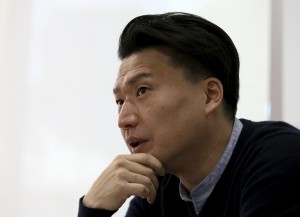A refresher for anyone who has been following the saga of Adam Crapser, the man born in South Korea some 40 years ago, adopted at age 3 through Holt Children’s Services to one American family and later placed with a second, the Crapsers:
The situation with the Crapsers was perilous: “In 1991, the couple was arrested on charges of physical child abuse, sexual abuse and rape. They were reportedly convicted in 1992 on multiple counts of criminal mistreatment and assault.”
Adam Crapser was kicked out of the Crapsers’ house, and later convicted of breaking and entering to recover (“steal”) a Korean-language Bible and stuffed dog that had come with him from the orphanage. (Objects that were emotional touchstones for Adam and any child in a similar situation. Sacred to him!)
Later, Adam was convicted of assault and unlawful possession of a firearm. A green card application triggered a background check, when it was discovered Adam lacked US citizenship. No one in the adoption chain–Holt or either set of adoptive parents–had secured for him a Certificate of Citizenship.
Adam was deported to South Korea, where he doesn’t speak the language, and is separated from his American wife and 3 children. He was reunited with his birthmother, but (quote): “…he also expressed frustration over what he sees as a social stigma against adoptees here.”
Crapser is now suing the government of South Korea and Holt. He deserves to win. So many people let this man down.
Finally: Certificate of Citizenship. I’ve posted about it many times. Securing a Certificate of Citizenship is one of our non-negotiable responsibilities as adoptive parents. I know we all know this. But in case someone else needs a nudge.
AP photo by Ahn Young-joon




 ShareThis
ShareThis
